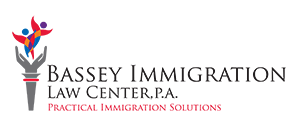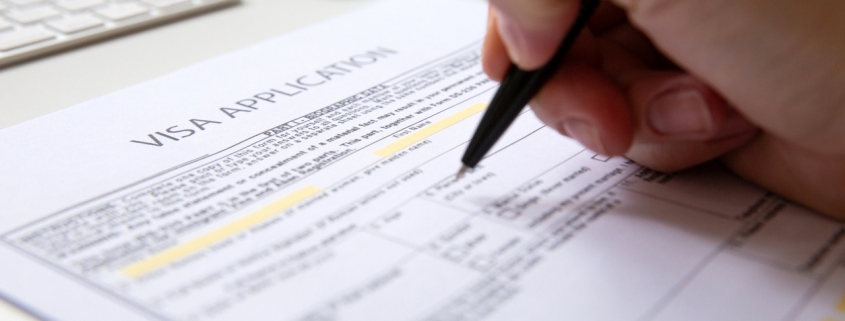Updated visa application process includes social media review
New rules regarding social media and visa applications mean you might need to be very careful about what you post if you’re immigrating into the country. Florida companies recruiting international employees may benefit and save time with an understanding of updates to the H-1B visa requirements. Applicants should also expect changes in the visa qualification process.
The updates affect the lottery system for visa selection and include new rules enabling the Department of Homeland Security’s review of applicants’ social media postings. Applicants should plan on the changes beginning in 2020.
Second-chance lottery system
A U.S. Citizenship and Immigration Services lottery system selects a predetermined number of individuals who may apply for a visa. As reported by TechCrunch, applicants must first register electronically to enter the USCIS lottery.
The new lottery reportedly selects 65,000 individuals from its applicant pool. A winning individual may then submit documentation to apply for a visa. Certain degree-holding applicants seeking work in the U.S. who do not win this first lottery may have a chance at winning a secondary lottery, which is open to individuals with a graduate degree.
The minimum educational requirement to qualify for the second-chance lottery pool is a master’s degree from a university. The advanced lottery selects only 20,000 individuals who may then proceed to submit their documentation for an H-1B visa.
Disclosing social media profiles
Candidates seeking employers’ sponsorship must adhere to U.S. visa application rules, which now enable USCIS officials to review an applicant’s social media profiles. According to CNN, the Department of Homeland Security may request a five-year history of usernames and social media profile accounts to determine whether an applicant poses a threat to national security.
Because many employers use the internet to recruit talented workers, companies may wish to update their recruiting to attract candidates who can comply with the new immigration regulations. Tech-savvy individuals should remain aware that their online postings and internet footprints may undergo a review while under consideration for a work visa.
Forgoing electronic device privacy
An individual could forgo her or his right to personal privacy to proceed past the border. Officials may look into electronic devices, such as laptops or mobile phones. An official’s request may require an individual to allow border security to scan and save electronic files.



